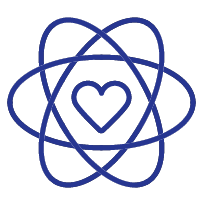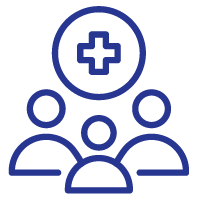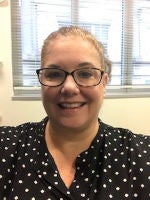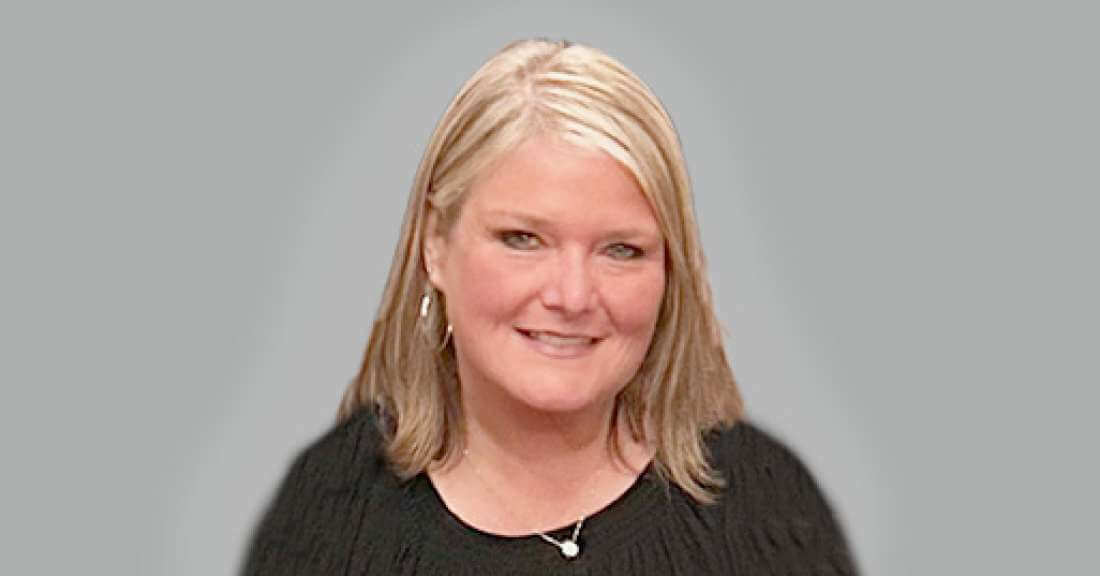

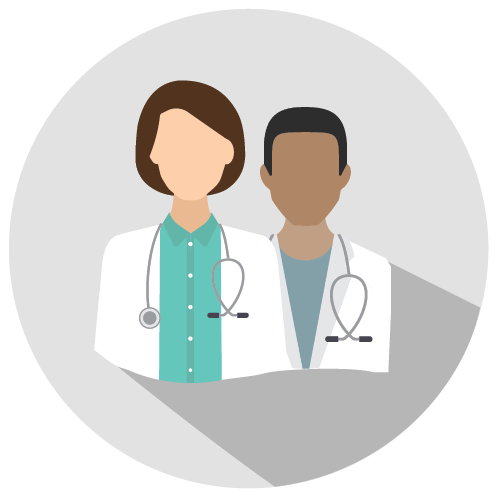
Change careers with an Accelerated Bachelor of Science in Nursing (ABSN)
The demand for skilled, caring health care professionals continues to grow. In just 16 months, Marymount University’s online Accelerated BSN empowers you with clinical nursing skills and didactic coursework to meet the rising need for nurses, make a rewarding career change and enter the contemporary health care environment. You will build on your previous bachelor’s degree—gaining knowledge, experience and confidence to take the National Council Licensure Examination (NCLEX) and become a Registered Nurse (RN).
Our online ABSN is an accelerated nursing program that is full-time and requires students to be in Virginia for clinicals and on-campus residencies.
![]()
![]()
![]()
![]()
Are You Eligible?
Our second degree BSN program is full-time and requires students to be in Virginia for clinicals and on-campus residencies. By studying near our campus in the D.C. area, you’ll have exposure to health care policy and start your nursing career in an advantageous location. D.C. is one of the top-paying areas for registered nurses, with an annual mean salary of $98,5401. Overall, jobs for registered nurses are projected to grow by 6% between 2021 and 2031, opening up an estimated 195,400 jobs over the decade2.
1 U.S. Bureau of Labor Statistics, Occupational and Employment Wage Statistics 2021
2 U.S. Bureau of Labor Statistics, Registered Nurses 2021
Admission Requirements
All applicants must have a bachelor’s degree in any field from an accredited U.S. college or university and completion of prerequisite courses.
To apply, you must complete an online interview and submit:
- Transcripts with a minimum GPA of 2.8
- One letter of recommendation
- A writing sample
No nursing experience is required, but the following prerequisite courses must be completed before you can begin the ABSN program.
You must receive a C or higher within the last ten years.
- Anatomy & Physiology I with Lab (4 credits)
- Anatomy & Physiology II (4 credits)
- General Chemistry or higher-level Chemistry with Lab (4 credits)
- Microbiology with Lab (4 credits)
- Developmental Psychology (3 credits)*
- Nutrition (3 credits)
- Sociology or Anthropology (3 credits)
- Statistical Analysis (3 credits)
* This course must oversee full lifespan and can be completed in one or multiple courses.


